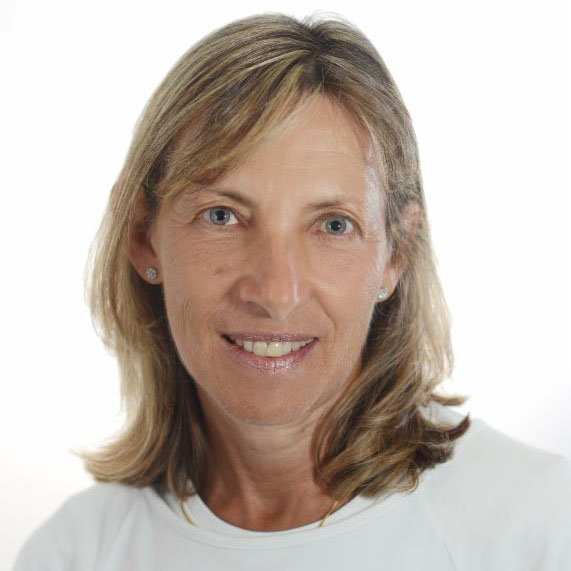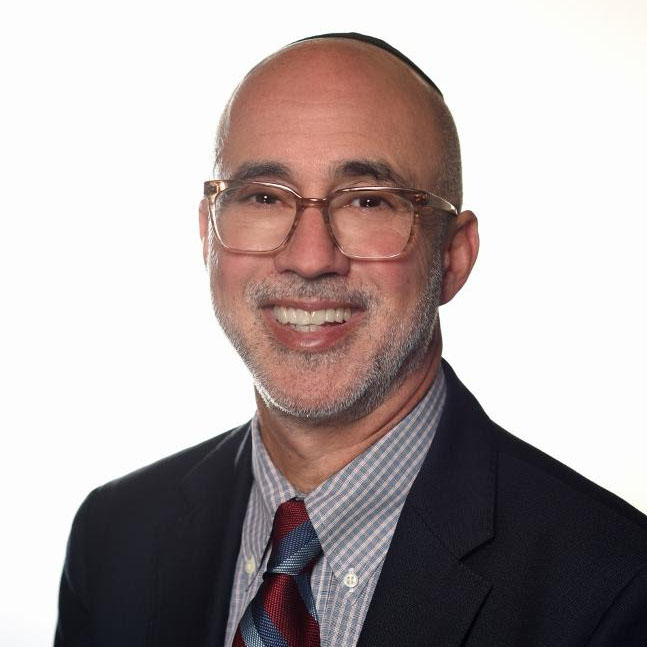The Jewish Imperative for Diversity, Equity and Inclusion
By Beryl Bresgi and Steve Freedman
At Schechter Bergen, we believe it is our obligation to participate in building a more just society for all people regardless of race, gender, ethnicity or religion. As educators, and with the parents as partners, we must raise children steeped in Jewish values who recognize the dignity and sacredness in each person along with a sense of responsibility to work to build a better society without prejudice, that embraces differences, and allows all people to thrive and reach their fullest potential.
In creating a safe environement for free expression and deep thinking, we recognize the controversies that are occurring in our schools about how to have a conversation around race, discrimination and hatred in general. In order to create an environment where people can be open to this conversation, we believe it is unproductive to begin from a position that “all white people are somehow guilty,” or to begin a conversation with “white people are privileged.”
By making these statements, many people in our communities shut down and become defensive, no longer open to the conversation. This is often a result of their own lived experiences that inform their biases. If the goal is to lay blame and look for collective guilt, we fear little progress will ever be made. While we believe older students and adults must engage in these difficult conversations, this is not where we would begin, especially since Schechter Bergen is an early childhood–eighth grade school.
Repairing a Broken Old House
We are inspired by the approach that Isabel Wilkerson took in her book Caste: The Origins of our Discontent. She does not suggest that people alive today, specifically white people, are guilty of the sins of the past. She likens America to an old house that we have inherited. The house was built generations ago and now has cracks in its foundations, leaks in the roof and more:
An old house is its own kind of devotional, a dowager aunt with a story to be coaxed out of her, a mystery, a series of interlocking puzzles awaiting solution. Why is this soffit tucked into the southeast corner of an eave? What is behind this discolored patch of brick? With an old house, the work is never done, and you don’t expect it to be.
She goes on to suggest that ignoring the disrepair, however, will not make the issues go away; and while it is no fault of the current occupants, the current occupants are responsible for the repairs. And so it is with us. We may not be guilty of the transgressions of the past, but we are responsible for the repairs.
Framing the Work Within Our School’s Mission
At Schechter Bergen, any conversation around justice and compassion is based on our school mission which drives our values. Our mission states, “We inspire our students to be engaged, independent learners who embrace Jewish values and practices and strive with confidence and compassion to better the world.”
We want our children to grow into compassionate adults who actively work to build a better world. That is, in part, our purpose as Jews in relationship and partnership with God. In our studies and our learning, we want our children to grow to embrace constructive, principled, civil discourse—machloket leshem Shamayim—with empathy and kindness. We want them to distinguish between people and their viewpoints and treat everyone as betzelem Elokim, made in the image of God.
This happens through teaching and modeling. To help Schechter Bergen create an environment that invites conversation, understanding and action, last spring we established a committee of educators across the school that is thinking deeply about how we incorporate, frame and teach our students that regardless of background and perspective we must humanize and empathize with diverse peoples and cultures.
Like so many important topics of our day, for us, it is not about creating a stand-alone anti-racism curriculum. Rather, we want to ensure that topics that address discrimination and prejudice are integrated throughout the grades and subjects. It should fit authentically in any number of subject areas in both general and Judaic studies.
DEI in Our Curriculum
We know that biases and prejudices often result from a lack of knowledge, understanding or exposure to people who are different from us. At Schechter Bergen, we believe it is important to expose our children to the beautiful tapestry that is our country and world. We think that the ability to understand another person’s experience and being able to talk across differences are much needed skills.
In order to provide our students with these skills, we have looked at our curriculum and have been intentional about examining our teaching and learning to address equity in a variety of ways. Our Kaplen Library is filled with books that reveal stories of the diversity in the world. In addition, in our classrooms, we are choosing to read literature that reflects our students’ own experiences and enables them to joyfully understand their own lives and culture. And we also have been thoughtful about including literature that provides “windows”—stories that help our children to see and understand the diverse experiences of people and cultures outside of their own worlds. Students encounter these stories by reading excellent pieces of literature and engaging with a diverse group of speakers who share their unique experiences.
In our history classes, we imbue students with the understanding that history is framed and told from the teller’s perspective. We feel that it is our responsibility to critically examine the story as well as the ”storyteller.” We have also introduced classes in news and media literacy to encourage our students to consider the source of the information they are exposed to and to question the speaker’s objective, as well as how to engage in difficult debate and conversations. This critical thinking is a core value of a Schechter education and is supported in the study of Torah.
Our Judaic studies and advisory classes give our students the opportunity to debate our unique responsibility as Jews and as students attending an independent school in Bergen County. We encourage our students to examine their responsibility for chesed in their community. This approach to teaching equity at Schechter Bergen is a dynamic one, open to frequent review and refinement. As Jews we must care for all people, for the sake of others and ourselves. As Hillel taught long ago, “If I am not for myself, who will be for me? If I am only for myself, what am I? If not now, when?”

Beryl Bresgi is head librarian and middle school coordinator at the Solomon Schechter School of Bergen County in New Milford, New Jersey.

Steve Freedman is head of school, at the Solomon Schechter School of Bergen County in New Milford, New Jersey.


